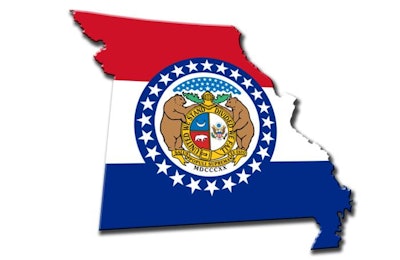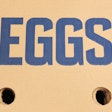
Animal rights organizations have used the tactic of campaigning for ballot initiatives to change or implement laws concerning poultry and livestock production.
Examples of this include California’s Proposition 2 and later Proposition 12, which addressed cages in egg production as well as other animal confinement practices such as the use of sow gestation stalls and veal crates.
“They started in California and pushed out from there,” Peter Ruddell, attorney for Honigman LLP, said during the session, “Future of Welfare Legislation” at the Midwest Poultry Federation (MPF) Convention on March 23 in Minneapolis, Minnesota.
Ruddell showed attendees a map that showed the states that have “the greatest ability” for voters to put matters on the ballot or change state laws. Those states included Oregon, California, Nevada, Arizona, Colorado, Montana, North Dakota, South Dakota, Nebraska, Missouri, Oklahoma, Arkansas, Michigan, Ohio and Massachusetts.
Some of those states – like Nevada, Colorado, Michigan, Oregon, California and Massachusetts -- have seen the push for cage-free laws, while others have not.
Then Ruddell showed another map that identified those with meaningful egg production. He noted that because they are major egg producers, the states of Iowa, Illinois and Ohio could be targets. Yet he also noted that Iowa and Illinois are not among the states where it is easy for voters to get issues on the ballots.
He also noted that there is, even though to a lesser degree than Ohio, enough egg production in Missouri and Arkansas to push a cage-free ballot initiative.
And of Missouri, Arkansas and Ohio, based on the political climate and views on production agriculture, Missouri seems the most likely of those three to be targeted next, Ruddell said.
“Missouri has a very liberal opportunity to go to the ballot for the citizens, and it’s one that the Humane Society (of the United States) has used repeatedly,” he said. “If I were looking at these two maps (and) comparing those two maps, I would look at Missouri as a potential target for the next wave of animal welfare legislation.”
Two previous Missouri attorneys general -- Josh Hawley and Chris Koster -- fought against California in the past concerning its animal confinement laws, arguing that it is unconstitutional for one state to legislate how agricultural production be practiced in other states. Propositions 2 and 12 called for all eggs not only produced in California, but also sold, be produced in cage-free systems.
Koster is a Democrat, while Hawley and current Missouri Attorney General Eric Schmitt are Republicans.


















